Are you struggling to keep your cool on the tennis court? Do you find yourself crumbling under pressure during important matches? You’re not alone. Many tennis players face mental challenges that can make or break their performance.
Imagine this: You’re up 5-4 in the final set, serving for the match. Suddenly, your hands start shaking, your heart races, and negative thoughts flood your mind. Before you know it, you’ve double-faulted twice and lost your serve. The match slips away, leaving you frustrated and disappointed.
These mental hurdles can be more challenging than any physical obstacle on the court. They can turn a promising player into a nervous wreck, sabotaging months of hard work and training.
But what if there was a way to build mental toughness that could withstand even the most intense pressure? What if you could train yourself to have the best mindset that stays focused, confident, and resilient no matter what happens during a match?
That’s where developing mental toughness comes in. It’s the secret weapon that separates good players from great ones. In this blog post, we’ll explore practical strategies to strengthen your mental game and help you perform at your best when it matters most135.
Table of Contents
Understanding Mental Toughness in Tennis
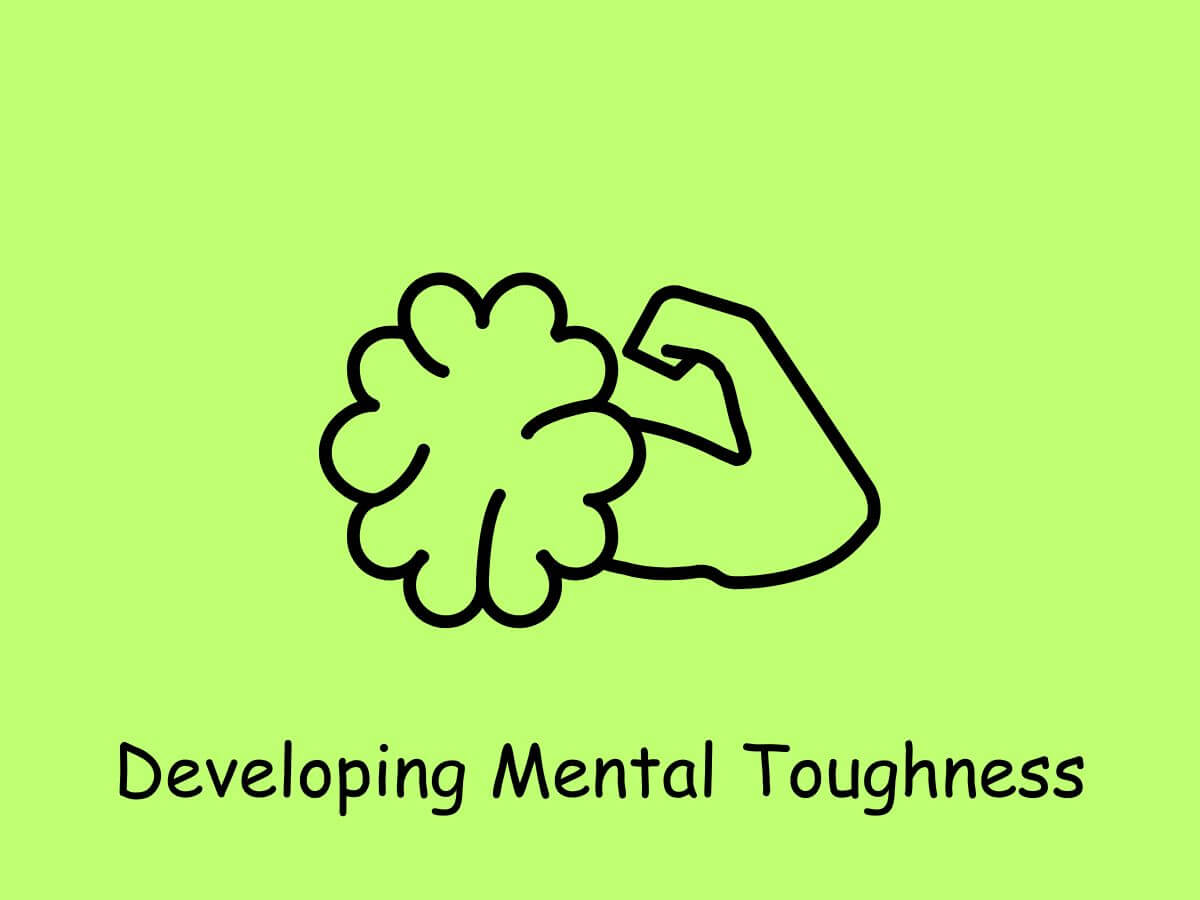
Mental toughness is a key factor that separates good tennis players from great ones. It’s the ability to stay focused, confident, and resilient under pressure. When you’re mentally tough, you can bounce back from setbacks, maintain your composure during crucial points, and perform at your best when it matters most1.
Developing mental toughness isn’t just about positive thinking. It involves training your mind to handle the challenges of competitive tennis. This includes managing stress, overcoming fears, and maintaining confidence even when things aren’t going your way15. Mental toughness also means trusting your skills and playing without hesitation or second-guessing yourself9.
To build mental toughness, you need to work on it consistently, just like you practice your physical skills. This might involve techniques like deep breathing, visualization, and positive self-talk58. Remember, mental toughness is not about never feeling nervous or doubtful. It’s about how you handle those feelings and still perform well despite them9.
The Visualization-Execution-Reward Strategy

The Visualization-Execution-Reward strategy is a powerful tool for improving your mental game in tennis. This three-step process can help you build confidence and perform better on the court1.
First, visualization involves creating a clear mental image of what you want to achieve. This could be executing a perfect serve, winning a crucial point, or even coming back from behind to win a match. When you visualize these scenarios, your brain starts to believe they’re possible, boosting your confidence26.
Next comes execution. This is where you put your visualization into practice during training or matches. The key is to trust in your abilities and the mental preparation you’ve done. Finally, the reward step is crucial for reinforcing positive behaviors. This doesn’t have to be a big prize – it could be as simple as acknowledging your progress or feeling proud of your performance1. By consistently using this strategy, you can improve your mental toughness and overall game.
Mastering the Art of Decision-Making
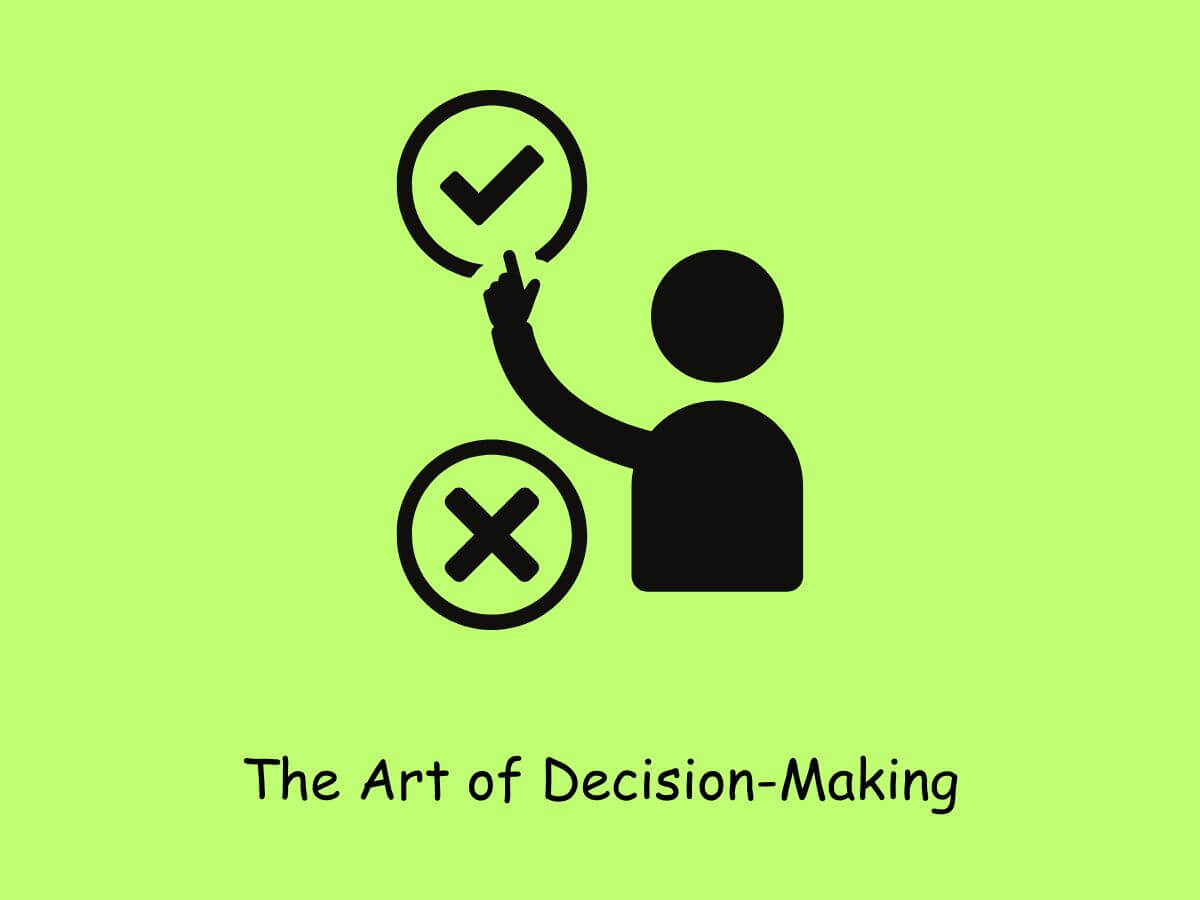
Decision-making is a crucial skill in tennis that can make or break your performance on the court. In the fast-paced environment of a tennis match, you need to make split-second decisions about shot selection, positioning, and strategy3.
Improving your decision-making skills involves both on-court practice and off-court analysis. One effective method is to review your matches with a coach, focusing on critical points. Analyze the situation, your response, and the outcome. This reflection can help you identify better alternatives for future matches3.
Another key aspect of mastering decision-making is creating match-like conditions during practice. This allows you to train your decision-making skills in a realistic setting. Remember, the goal is to react instinctively during matches, not become indecisive or overthink3. With consistent practice and analysis, you can develop the ability to make quick, effective decisions under pressure, giving you a significant advantage on the tennis court.
Building Confidence Through Self-Image
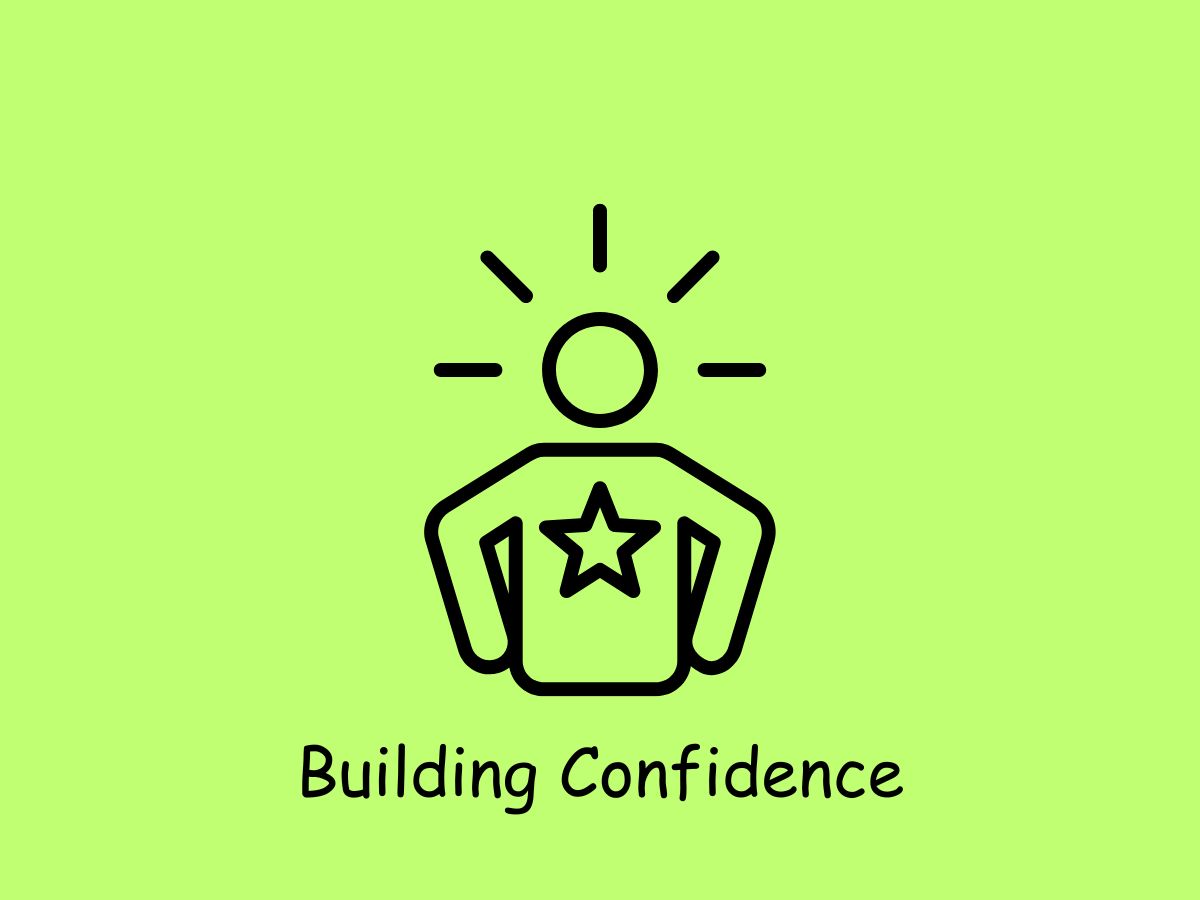
Building confidence in tennis starts with how you see yourself. Your self-image shapes your beliefs about what you can achieve on the court. To boost your confidence, focus on your strengths and the things you do well. Remember your past successes and the progress you’ve made in your game.
It’s important to work on all areas of your tennis skills. This helps eliminate weak spots where doubt can creep in. But don’t just focus on your weaknesses. Be aware of what you do well and celebrate your good shots. This awareness is crucial for building self-confidence.
Remember that your worth isn’t just about tennis. Being successful in other areas of life can boost your overall self-image. This includes being a good person, having strong relationships, and doing well in your career or studies. A strong sense of self-worth off the court can positively impact your confidence on the court7.
Facing and Overcoming Your Fears
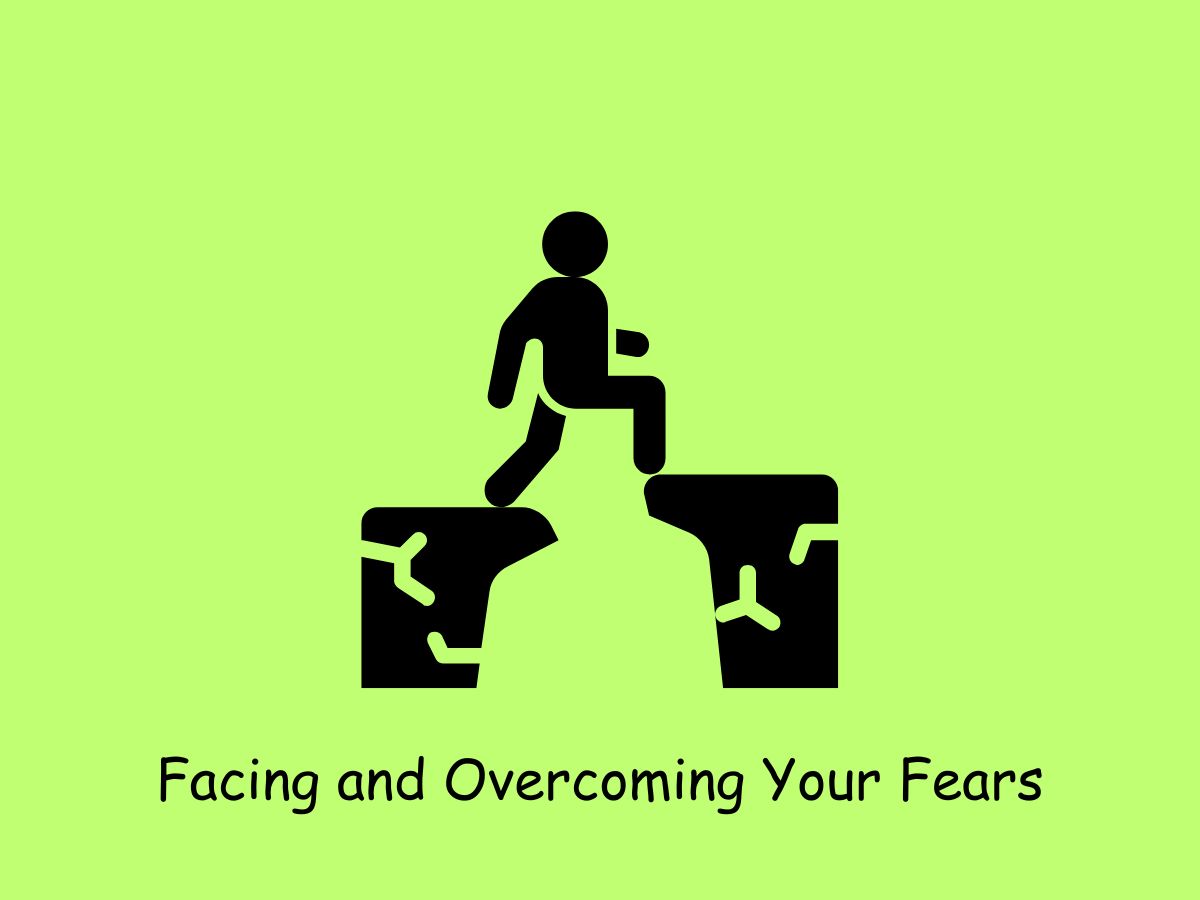
Fear is a common challenge for tennis players. It can show up in many ways, like being afraid to fail, worrying about disappointing others, or dreading mistakes. Some players even fear success because it brings higher expectations. These fears can hold you back from playing your best tennis2.
The key to overcoming fear is to face it head-on. Instead of avoiding scary situations, push yourself to confront them. This might mean playing in that tournament you’re nervous about, or going for your shots even when the pressure is on. The more you face your fears, the easier it gets8.
Visualization can be a powerful tool for tackling fears. Before a match, imagine yourself handling tough situations calmly and confidently. During breaks between points, use this technique to reset your mind. Another helpful strategy is to practice under pressure regularly. This helps you get used to the discomfort of competition2.
Embracing Constructive Criticism
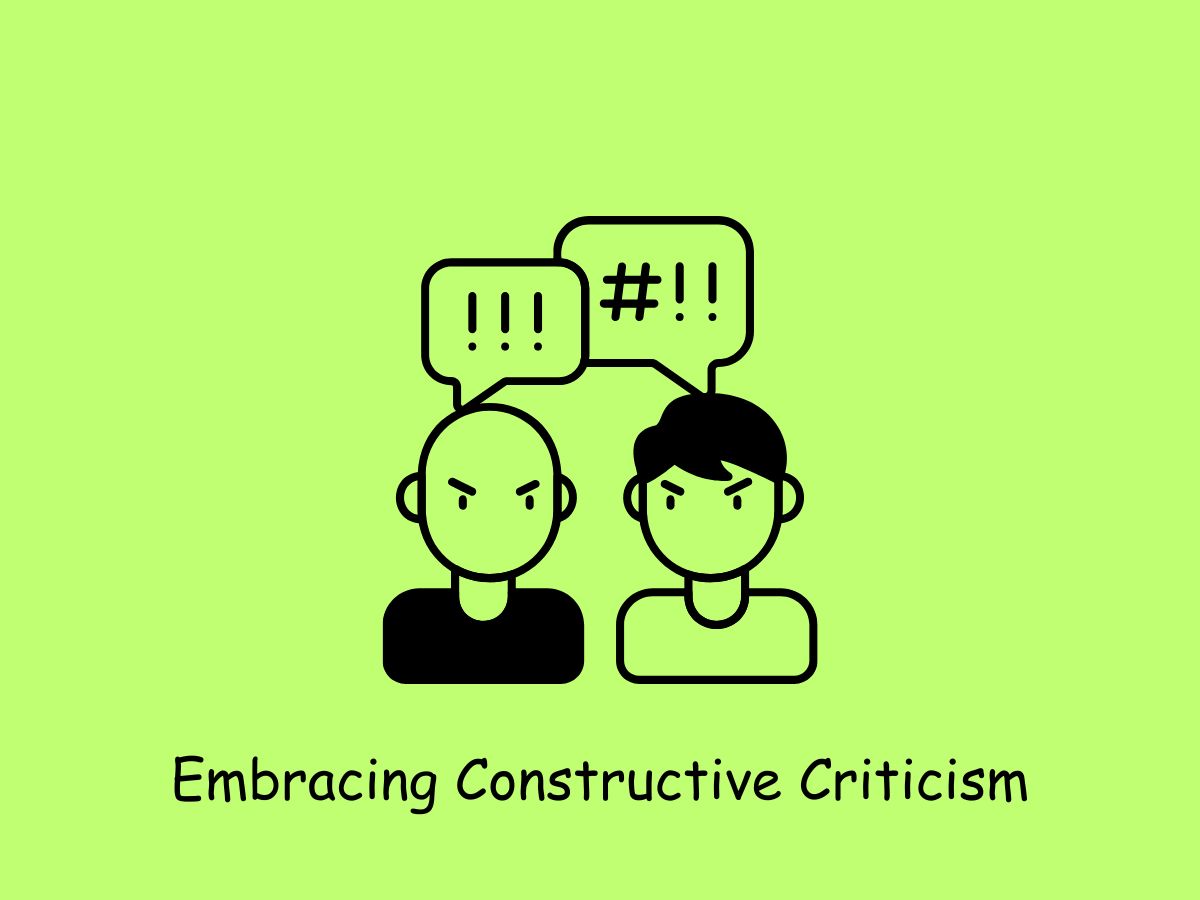
Constructive criticism is a valuable tool for improving your tennis game, but it’s not always easy to accept. Some players see criticism as a list of everything they’re doing wrong, while others view it as helpful advice. Learning to embrace constructive feedback is a crucial mental skill for tennis players3.
When receiving criticism, try to focus on the message rather than how it’s delivered. Ask yourself: What’s the main point? How can this help me improve? Even if the feedback is given in a negative tone, there might be useful information you can use36.
If you find yourself getting defensive, take a step back and challenge that reaction. Communicate with the person giving feedback to clarify their message. Remember, you can’t control how others deliver criticism, but you can control how you receive and use it. By learning to embrace constructive feedback, you’ll open up more opportunities for growth and improvement in your tennis game6.
Managing Stress and Staying Relaxed
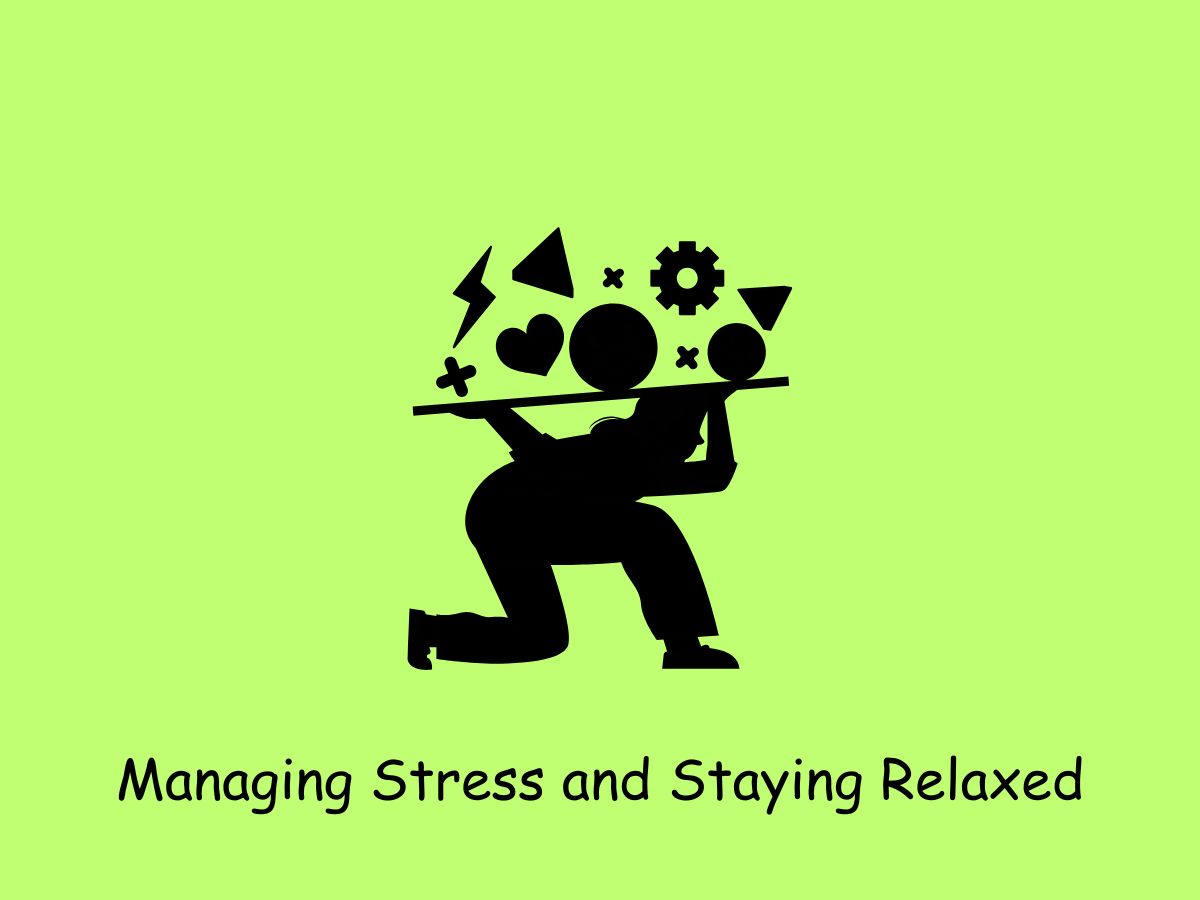
Managing stress and staying relaxed are crucial skills for tennis players. One of the most effective ways to do this is through controlled breathing. Before a match, take a few minutes to breathe deeply and slowly. Inhale through your nose and exhale through your mouth. This simple exercise can calm your body and release built-up tension1.
During a match, focus on your breathing between points. This can help lower your heart rate and reduce stress. It’s also important to have a plan for managing your emotions and energy. Understanding how stress affects you allows you to develop strategies to overcome it. Remember, you can’t always control how you feel, but you can control how you respond4.
Another helpful technique is visualization. Picture yourself playing calmly and confidently. This mental rehearsal can boost your self-belief and prepare you for success on the court. Also, don’t forget about physical relaxation. Tension in your muscles can affect your performance, so practice relaxing your body, especially during breaks in play2.
Practical Exercises for Mental Training
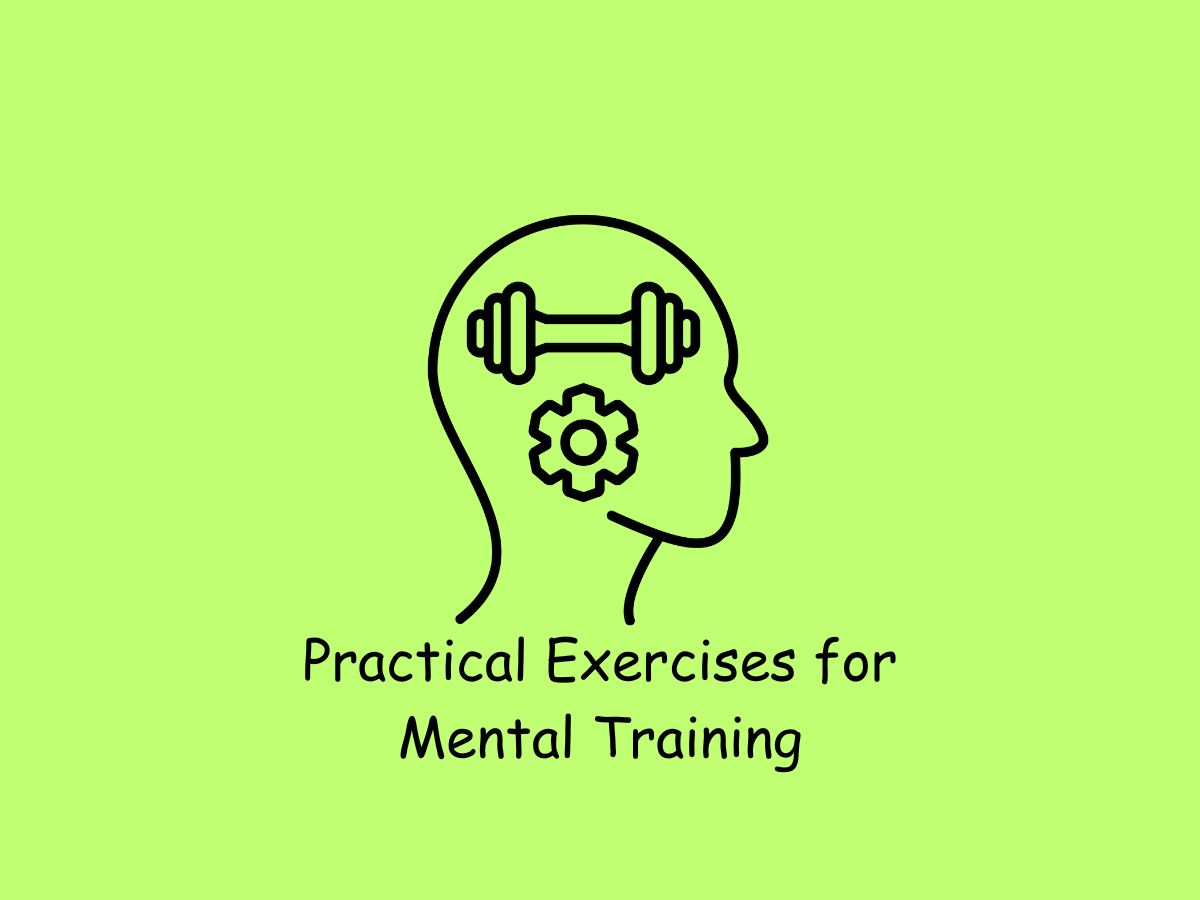
Mental training is just as important as physical practice in tennis. One effective exercise is deep breathing. Try breathing in for 4 seconds and out for 6 seconds, repeating this cycle 10 times. This can help align your mind and body, allowing you to perform at your best. Use this technique before practice, during training, and even when you’re feeling stressed2.
Visualization is another powerful tool. Find a quiet place, close your eyes, and imagine yourself playing a perfect match. Engage all your senses in this mental rehearsal. What do you see, hear, and feel? Practice this for 10-15 minutes daily to enhance your performance3.
Positive self-talk is also crucial. Replace negative thoughts with encouraging ones. Use present tense statements like “I am confident and focused.” Also, try process-oriented self-talk such as “Stay balanced and follow through.” These affirmations can boost your confidence and resilience on the court3.
Applying Mental Toughness in Match Play
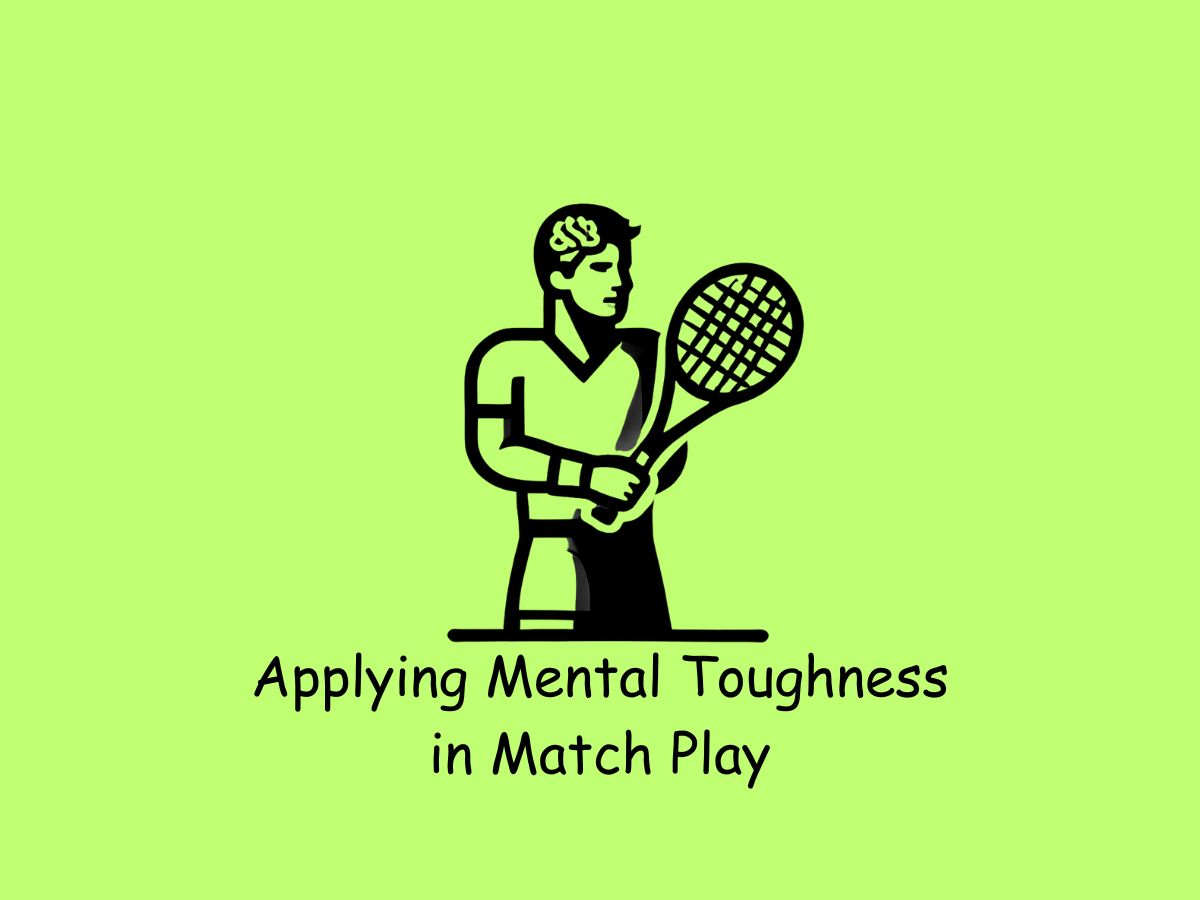
Applying mental toughness during a match is where all your training comes together. Start by maintaining your composure in high-pressure moments. Use the deep breathing techniques you’ve practiced to stay calm. Remember your positive self-talk and visualizations to boost your confidence3.
Between points, stay present and focused. Develop a consistent routine to reset your mind. This could include adjusting your strings, taking a deep breath, or visualizing your next serve. Avoid dwelling on past points, whether good or bad. Instead, set an intention for the next point3.
Lastly, be adaptable. Every match is different, so be ready to adjust your tactics based on your opponent and the court conditions. Stay open to changing your game plan if needed. Remember, mental toughness isn’t about never feeling stressed or nervous. It’s about how you handle those feelings and still perform well. With practice, these mental skills will become second nature, allowing you to play your best tennis under any circumstances3.
Conclusion
Now that you’ve learned these strategies, it’s time to put them into action. Start by choosing one or two techniques that resonate with you and practice them consistently. Remember, building mental toughness takes time and effort.
Don’t get discouraged if you don’t see results immediately. Stay committed to the process, and you’ll gradually notice improvements in your mental game. As you become more mentally tough, you’ll handle pressure better, bounce back from setbacks more quickly, and perform at your best when it matters most.
If you need more information or have questions about any of these strategies, feel free to reach out. You can contact me at jaiden@jaidensmedia.com. I’m here to support you on your journey to becoming a mentally tougher tennis player!
FAQs
What exactly is mental toughness in tennis?
Mental toughness in tennis is the ability to stay focused, confident, and resilient under pressure. It’s about managing stress, overcoming fears, and performing your best even when things get tough.
How can visualization help my tennis game?
Visualization involves creating a mental image of what you want to achieve. This can boost your confidence and help your brain believe that success is possible.
What is the Visualization-Execution-Reward strategy?
This strategy involves visualizing success, executing your plan, and rewarding yourself for progress. It reinforces positive behaviors and improves your mental game.
How important is decision-making in tennis?
Decision-making is crucial. In a fast-paced match, you need to make quick choices about shot selection, positioning, and strategy.
How can I build confidence through self-image?
Focus on your strengths, celebrate your successes, and maintain a positive self-image both on and off the court.
How do I overcome fear on the tennis court?
Face your fears head-on. Practice under pressure, use visualization, and challenge negative thoughts.
How can I benefit from constructive criticism?
Focus on the message, not the delivery. Ask for clarification and use the feedback to improve your game.
What are some practical exercises for mental training?
Try deep breathing, visualization, and positive self-talk to enhance your mental toughness.
How can I stay relaxed during a match?
Use controlled breathing, focus on the present moment, and practice relaxing your muscles.
How can I apply mental toughness in match play?
Maintain composure, stay focused between points, and be adaptable to changing conditions. Remember to use deep breathing and positive self-talk.
